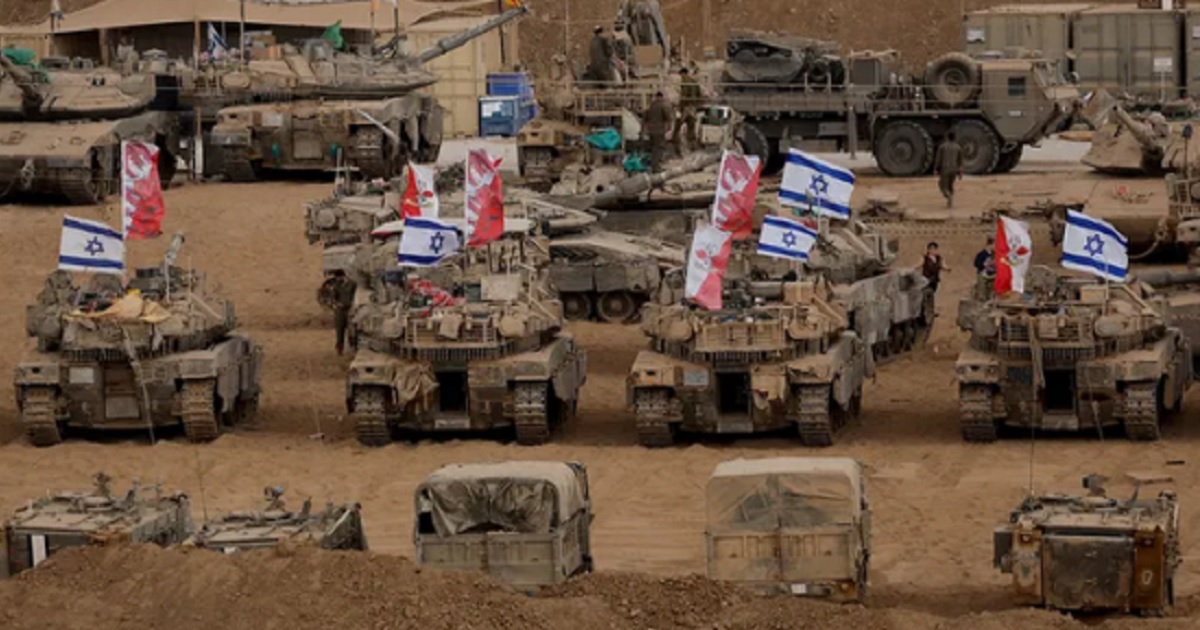President Donald Trump reaffirmed the status of the ceasefire between Israel and Hamas, stating it remains in effect despite recent violent exchanges. On Saturday, Israeli forces conducted airstrikes in response to an attack by Hamas in the city of Rafah, escalating tensions in the region. Trump emphasized the importance of maintaining peace, asserting that Hamas must comply with the terms of the agreement, particularly regarding the return of hostages.
The conflict intensified following reports that Hamas is still holding 16 of the 28 hostages who died in Gaza after being abducted on October 7, 2023. Trump remarked in a video message, “We want to make sure that it’s going to be very peaceful with Hamas. You know, they’ve been quite rambunctious.”
Escalation of Tensions
Despite Trump’s assurances, reports indicate that clashes between Hamas and rival factions have continued in Gaza. According to sources, these exchanges highlight an ongoing struggle for control within the territory. A senior official from the Trump administration noted that the expectation was never for a complete cessation of hostilities immediately following the ceasefire declaration. “We knew this was brewing. And the longer these guys are allowed to attack each other, the more they’re going to attack each other,” the official stated.
On the ground, Israeli military forces responded to perceived threats by targeting operatives in southern Gaza’s Khan Younis. The Israeli Defense Forces (IDF) reported that airstrikes had killed several operatives who were approaching Israeli positions.
Future Prospects and International Implications
Looking ahead, U.S. officials are closely monitoring the situation, with one describing the next 30 days as critical for the implementation of the ceasefire deal. “We are now in charge of what’s going on in Gaza when it comes to the implementation of the deal,” the official stated. Another official expressed concern about Hamas’s expectations, suggesting that they believed operations would return to normal, a notion that Israeli forces are working to counter.
The Gulf states share similar sentiments regarding the need to stabilize the situation. The Israeli military has indicated it will enforce the ceasefire more rigorously, responding to political directives to reduce violence. In contrast, Hamas has expressed its commitment to the ceasefire, distancing itself from the recent attacks on Israeli troops.
As this complex situation unfolds, the ability of international leaders, including Trump, to mediate effectively will be pivotal in shaping the future dynamics of peace in the region. The ongoing violence underscores the fragility of the ceasefire and the challenges that lie ahead in achieving lasting stability between Israel and Hamas.
